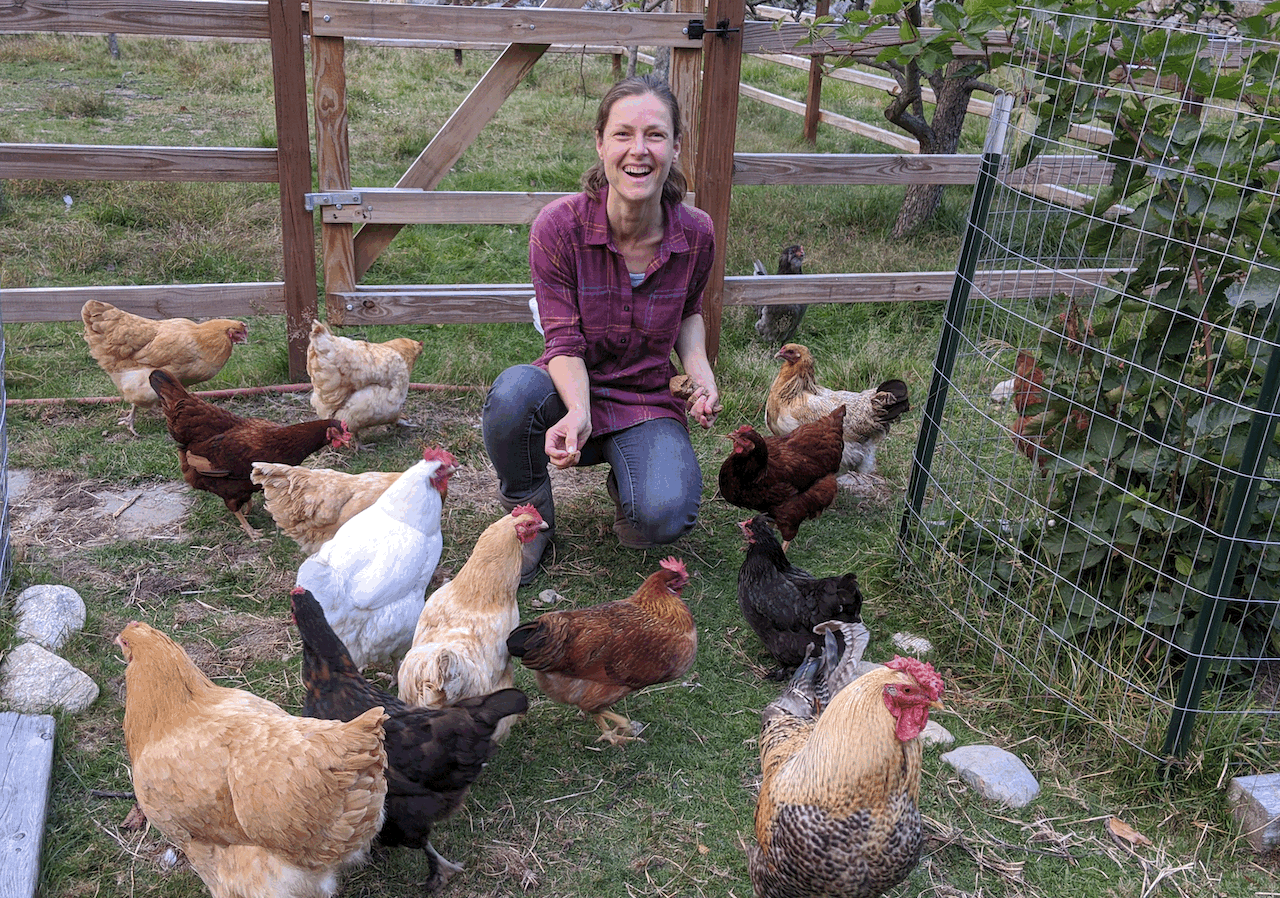Welcoming back a nutrition and food policy expert who helped build Cornucopia
A central member of the brain trust that built The Cornucopia Institute is returning as a consultant.
Charlotte Vallaeys served as Cornucopia’s director of farm and food policy from 2007 to 2013, helping build Cornucopia’s culture and shape the educational initiatives that turn consumers into activists. One of her early Cornucopia projects included a public awareness campaign that led many companies to remove carrageenan from their products.
At the time, the scientific studies underscoring the negative health impacts from food-grade carrageenan had been largely ignored outside scientific circles. When carrageenan came up for “sunset review,” a National Organic Standards Board process that reviews entries on its National List of allowed materials, she started digging.
“I discovered these studies—they were right there in the scientific literature, but nobody was paying any attention to them,” she recalls. “Cornucopia brought attention to these studies, linking carrageenan to gastrointestinal inflammation, and we really changed the marketplace by informing consumers. I’m proud of that work, especially because this positive change happened thanks to the actions taken by consumers.”
Vallaeys’ return to Cornucopia represents a restoration of a fundamental tenet of the organization’s roots: the notion that consumers have tremendous collective power in the marketplace. Once again, her robust background will embolden Cornucopia’s science-based approach to educating good food advocates about the importance of the organic label as a necessary check on the agricultural chemicals that harm living organisms and ecosystems.
Throughout the upcoming year, Cornucopia, with Vallaeys’ guidance, will launch a brand new investigation and analysis of chemicals in our food supply—with a specific focus on produce.
“Pesticides are toxic by design,” Vallaeys says, “Yet these chemicals end up in our environment and our food, where they can continue to do harm long after their intended use. Their use should be approached with much greater caution than is currently required. Fortunately, the organic regulations do have this principle of caution built into them.”
Most recently, Vallaeys served as Consumer Reports’ expert on food labeling, nutrition, and sustainable diets, leading the work behind CR’s data-driven ratings aimed at reducing risk from pesticide exposure in produce. For Vallaeys, the project’s findings reaffirmed the value of the organic label. It also underscored how scientific knowledge about the myriad effects of pesticides continues to evolve. “There are many impacts that we’re just starting to understand, like the effects of pesticides on the microbiome —both inside our bodies and in the soil where our food is grown.”
Investigations designed to yield informed consumer choice is familiar ground for Vallaeys. She began her first term at Cornucopia with master’s degrees in ethics from Harvard University and in the interdisciplinary agriculture, food and environment program from the Friedman School of Nutrition Science and Policy at Tufts University. Professionally, she enjoys performing scientific literature reviews on food and agriculture topics, and then translating these findings for consumers in order to enable them to make ethically motivated food choices that are also backed by solid science.
“Coming back and doing this work at Cornucopia is exciting,” she says. “I believe in Cornucopia’s mission and I feel passionate about the issues it works on.”
The seeds of a career dedicated to food and agriculture were planted in a childhood in Belgium, where life lessons and family connection were served at the kitchen table over home-cooked meals. Vallaeys credits her mom and grandmother for cultivating early awareness about the importance of good food.
A move to the US at age 12 placed her upbringing in stark comparison with a nation fueled by fast food. She observed that the relationships we have with our food are cultural, and shaped by outside systems that aren’t always designed for human benefit. That awareness has been expanding ever since.
“Food is complicated. Our bodies aren’t cars—eating isn’t as simple as fueling up like a car at a gas station,” she says. “I find food and the food system to be endlessly fascinating. All food has a story, and how food is produced has a tremendous impact on the environment and on our health. Sometimes those connections aren’t immediate and direct, and I enjoy connecting those dots.”
Vallaeys lives in a small town in Massachusetts, with her husband and two sons, where they maintain an orchard and garden buzzing with pollinators, and a pasture for sheep and chickens. She is currently pursuing a PhD at Tufts University, learning how to design the research studies that will continue to advance our knowledge in the critical topics she currently investigates.


